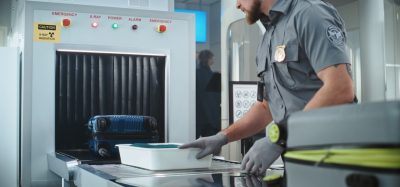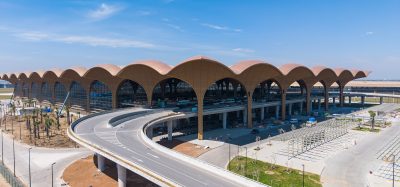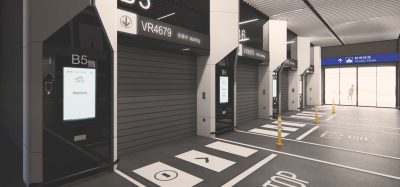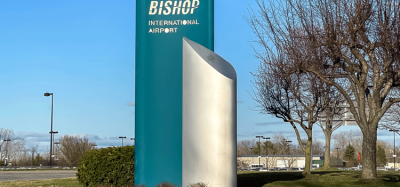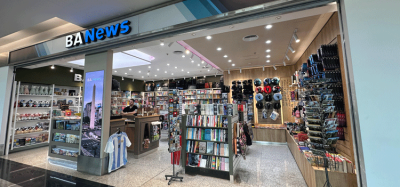Survey shows passengers want more control and shorter waiting times
Posted: 18 October 2019 | Rachael Harper (International Airport Review) | No comments yet
Passengers want more control through their smartphones and shorter waiting times with the use of biometrics when travelling.
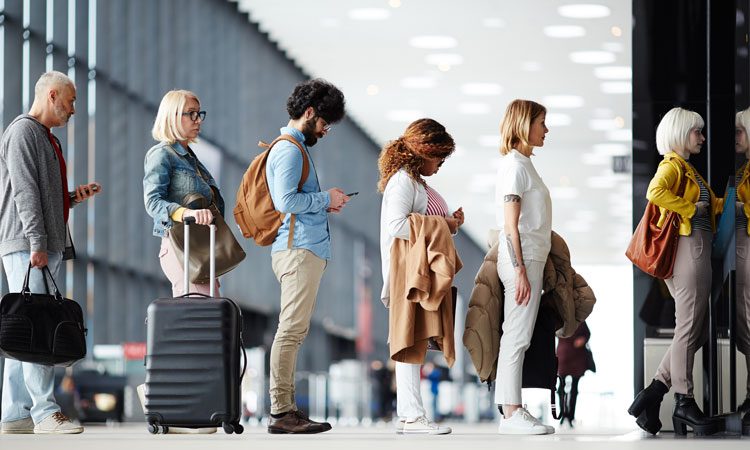

The International Air Transport Association’s (IATA) 2019 Global Passenger Survey has shown that passengers are looking to technology to improve their travel experience for more control and less waiting times.
The survey, which was based on 10,877 responses from passengers across 166 countries, identified some of the top passenger priorities as:
1. Having more personal control over their journey via their smartphone
Passengers want to use their personal device to control more aspects of their travel journey from booking to arrival.
Join us live: Shaping the Next Generation of Hold Baggage and Air Cargo Screening
Join us live for an insightful webinar on 11th December at 14:00 GMT, in collaboration with Smiths Detection, as we explore the strategic balance of operational efficiency, regulatory compliance, and sustainability in high-volume security environments.
This session offers a focused look into future-proofing your security strategy.
Key learning points
- Cost Reduction: Strategies to minimize bag travel time while simultaneously reducing operational costs.
- Regulatory Roadmap: Insights into the next wave of regulatory changes and their impact on future investment decisions.
- Sustainable Systems: Practical approaches to building sustainability into security systems and lowering the total cost of ownership (TCO).
- Scalable Solutions: Real-world examples of scalable systems supporting current airport growth and preparing for tomorrow.
Register now for expert insights, case studies, and actionable strategies on operational efficiency!
An airline app was the preferred method of booking from passengers in North Asia and the second most popular choice among passengers in the Middle East. Booking through an airline website, although less popular than in 2018, remains the method of choice for most travellers globally.
More than half of passengers (51 per cent) said using a smartphone was their preferred method of check-in, which is a four per cent increase over 2018.
More than half of passengers said using a smartphone was their preferred method of check in
Most passengers (72 per cent) also wanted to be kept informed throughout their journey via travel notifications sent to their personal device. The survey also found that 83 per cent of passengers want to receive information on the status of their flight and 45 per cent would like information on their baggage.
Passengers also asking for information to help them plan their passage through the airport with 45 per cent wanting to know wait times at security and border control and 37 per cent wanting to know wait times at customs.
2. The use of biometric technology to speed up airport processes
The survey found that 70 per cent of passengers are willing to share additional personal information including their biometric identifiers to speed up processes at the airport. In addition, 46 per cent of passengers would prefer to use biometric identification instead of a paper passport for their journey and 30 per cent would opt to use a biometric token to board the plane.
“Passengers are willing to share more personal information if it removes hassle from their travel experience,” said Alexandre de Juniac, IATA’s Director General and CEO. “But it’s clear that concerns over data privacy remain. While the majority of passengers want to use biometric identification instead of a paper passport, 53 per cent of those that did not, said they were concerned about the security of their data. Passengers need to be confident that their data is safe.”
3. Tracking baggage
Over half of passengers (53 per cent) said that they would be more likely to check their bag if they were able to track it throughout the journey and 46 per cent said that they want to be able to track their bag and have it delivered directly to an off-airport location, if that service were available.
4. Shorter waiting times
The survey indicated that 80 per cent of passengers want to wait no longer than three minutes to drop off a bag. This increased to 10 minutes for queuing at immigration/customs for 79 per cent of travellers.
80 per cent of passengers want to wait no longer than three minutes to drop off a bag
Passengers (74 per cent) also want to wait no longer than 10 minutes for baggage delivery. Almost none want to wait longer than 20 minutes.
The survey also found that for nearly three quarters (74 per cent) of passengers, speed was the main benefit of using automated immigration gates/kiosks.
5. On-board Wi-Fi
Passengers want on-board Wi-Fi with some 53 per cent of surveyed passengers finding that Wi-Fi is important to have.
6. Passenger pain points
Passengers identified airport security screening process and border control as two of their biggest pain points when travelling. Having to remove personal items was identified as a pain point by the most travellers (60 per cent), closely followed by the removal of laptops and large electronic devices (48 per cent) and variations in screening processes at different airports (41 per cent).
Stay Connected with International Airport Review — Subscribe for Free!
Get exclusive access to the latest airport and aviation industry insights from International Airport Review — tailored to your interests.
✅ Expert-Led Webinars – Gain insights from global aviation leaders
✅ Weekly News & Reports – Airport innovation, thought leadership, and industry trends
✅ Exclusive Industry Insights – Discover cutting-edge technologies shaping the future of air travel
✅ International Airport Summit – Join our flagship event to network with industry leaders and explore the latest advancements
Choose the updates that matter most to you.
Sign up now to stay informed, inspired, and connected — all for free!
Thank you for being part of our aviation community. Let’s keep shaping the future of airports together!
Related topics
Baggage handling, Big data, Biometrics, Border control, Communication Technology, New technologies, Passenger experience and seamless travel, Security, Tourism



